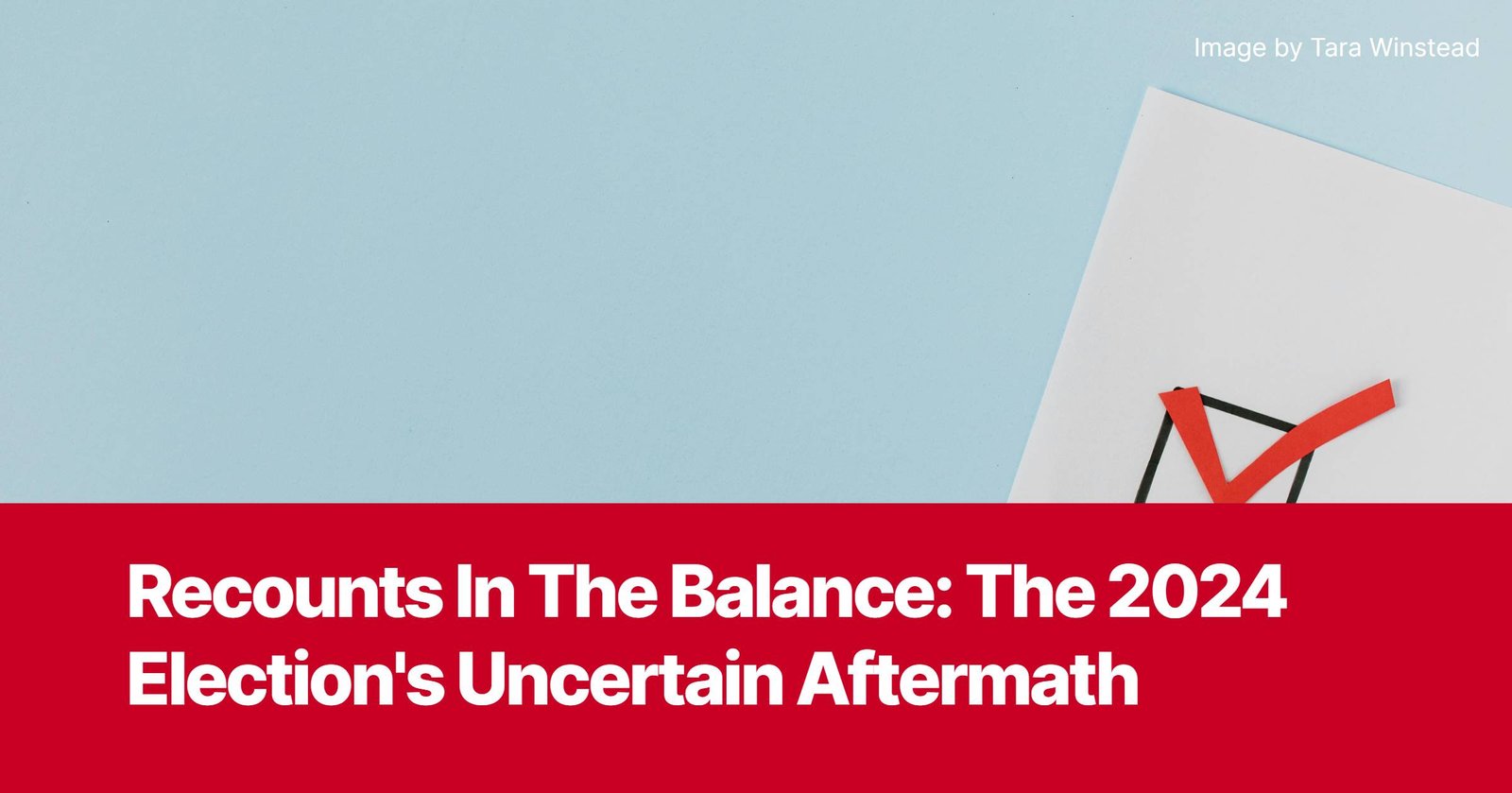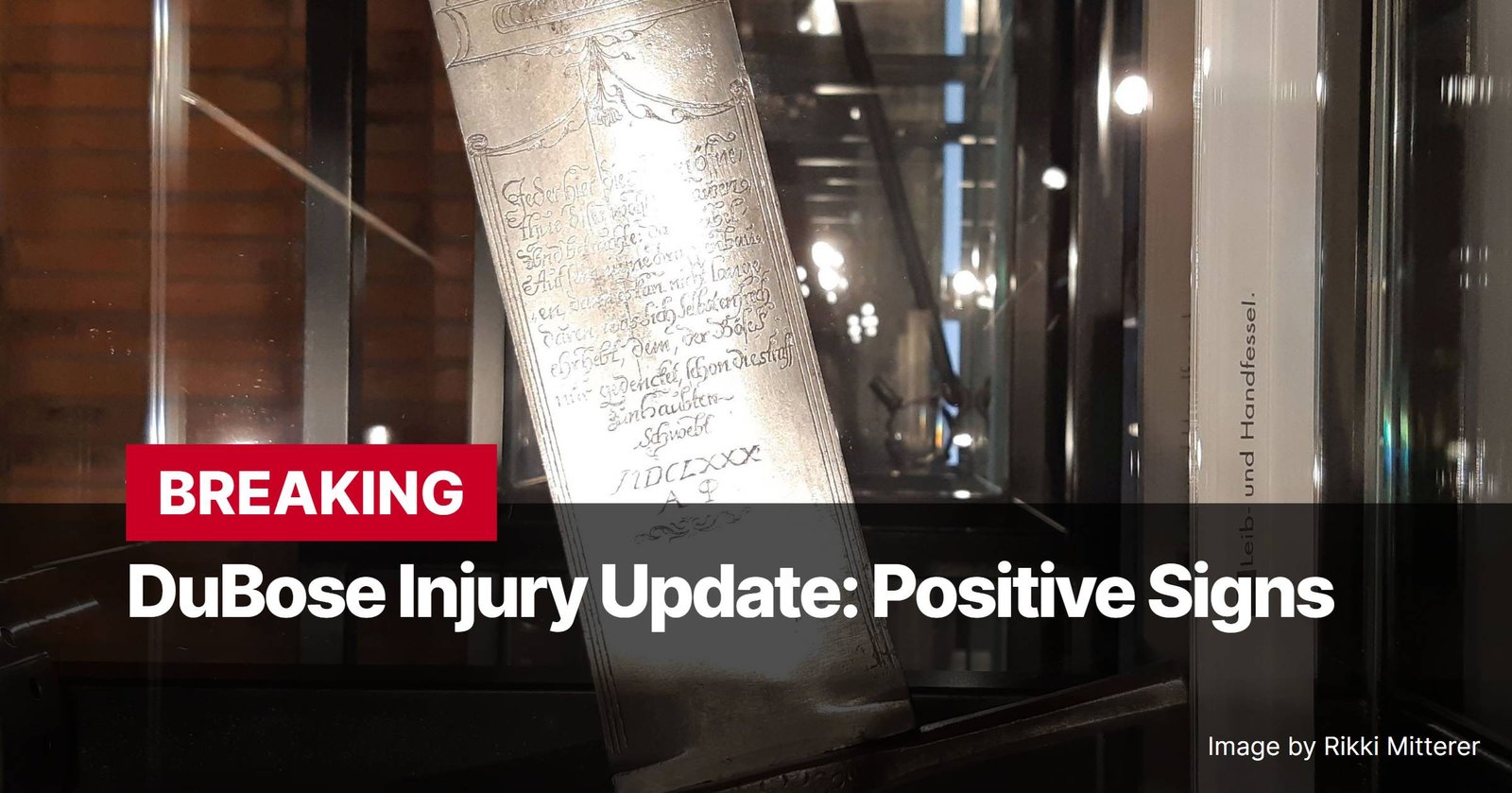The dust has barely settled on a tumultuous 2024 election, one that saw Donald Trump return to the presidency in a stunning victory over incumbent Vice President Kamala Harris. While celebrations and concessions have taken center stage, the narrow margins in several key states have ignited whispers of potential recounts, adding another layer of complexity to an already dramatic election cycle.

The outcome of the 2024 election hinged on a handful of fiercely contested swing states. Trump ultimately flipped several states that had gone blue in 2020, including Georgia, Michigan, Pennsylvania, and Wisconsin, securing his path back to the White House. While the overall result appears decisive, the razor-thin margins in some of these states – particularly Wisconsin and Pennsylvania – have fueled speculation about the possibility of recounts.
The legal framework surrounding recounts varies significantly from state to state. Some states mandate automatic recounts if the margin between candidates falls below a certain threshold, while others allow candidates to petition for a recount if specific criteria are met. In Wisconsin, for example, where Trump’s lead is currently less than one percent, a recount is a possibility, though not guaranteed. Pennsylvania, another pivotal state, presents a more complex scenario, where candidates can’t directly request a recount but can appeal to individual counties, potentially leading to a localized recount process.
While the Harris campaign has conceded the election and pledged to ensure a smooth transition of power, the option of pursuing recounts remains on the table. The legal complexities and varying state regulations mean that any decision to pursue recounts would necessitate a careful strategic calculation, weighing the potential benefits against the costs and time involved.
The 2024 election underscores the increasing polarization of the American political landscape and the critical role of swing states in determining presidential outcomes. The closeness of the results in several states, combined with the possibility of recounts, highlights the importance of robust election administration procedures and clear legal frameworks governing the recount process.
Looking ahead, the focus will shift to the official certification of election results, scheduled for January 6th. This constitutionally mandated process, overseen by the outgoing Vice President, is typically a formality. However, given the heightened tensions and controversies surrounding the 2020 election, the 2024 certification process is likely to draw significant public and media scrutiny.
Beyond the immediate legal and procedural questions, the 2024 election raises broader questions about the future of American democracy. The close margins and the possibility of recounts underscore the importance of voter engagement, election integrity, and the need for clear and transparent processes for resolving electoral disputes. As the nation moves forward, these issues will undoubtedly continue to shape the political discourse and inform future electoral reforms.



















